Opinion: Minimalism, benefits of simple living
Writer explains history, benefits of ‘minimal’ lifestyle
A black and white painting of a pelican rests upon a wicker cabinet. Two delicate hand painted clay pots sit beside the painting. This simple room decor is a style typical to the minimalist principles of home decor. “Minimalism clears your space and creates an environment where energy can flow through purposefully empty space,” writer and junior Kalyani Rao said. “it’s all about using what you have and appreciating the small things in life.”
Light streams in from a set of windows in a small room. A simple, unassuming wicker cabinet stands next to a black grand piano. Two small and beautifully decorated handmade pots rest on the cabinet next to a monochrome painting of a pelican. Only a few items have been placed in this room, yet the empty space is beautiful and deliberate.
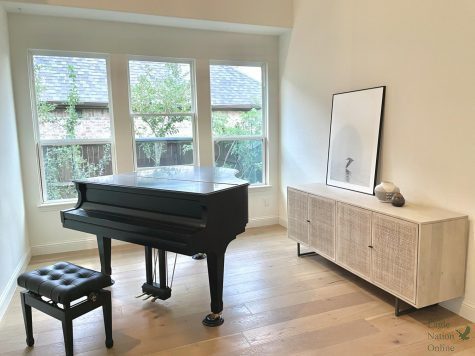
This room is arranged and decorated using the principles of minimalism. It’s a lifestyle, a method of relaxation and simplicity. Minimalism clears your space and creates an environment where creativity can flow through purposefully empty space.
The history of minimalism
Minimalism, as a way of life, can be traced all the way back to ancient Asian religious and cultural systems.
Daoism, also known as Taoism – Chinese: 道教; pinyin: Dàojiāo – is a philosophy, a religion and a way of life which arose in the sixth century BCE in the eastern Chinese province of Henan.
Daoism focuses on the rhythm of life energy, or chi, which is the essential energy that flows through all beings, likened to a flowing river. According to Nations Online, Daoist thought focuses on genuineness, longevity, health, immortality, vitality, wu wei (perfect equilibrium), detachment, refinement, spontaneity, transformation and omni-potentiality. The highest goal of Daoism is to be in perfect harmony with the space around you.
Minimalism is all about using what you already have to create a beautiful space, rather than buying into consumerism culture and constantly throwing away and buying new products. “Re-usable” is the key term here. A minimalist keeps only things that “spark joy” – in the words of famous Japanese minimalist Marie Kondo – and are useful to them.
Another practice that greatly influences minimalism is feng shui, an eastern practice that focuses on the orientation of architecture and physical items in order to maximize qi, the lifeforce energy. The Chinese words “feng” and “shui” translate to mean “wind” and “water,” respectively. This concept derived from an ancient poem that talks about human life being connected and flowing with the environment around it.
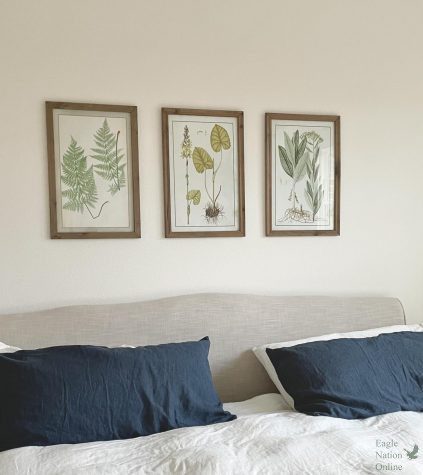
The five elements of feng shui are wood, fire, earth, metal and water. Their correct presence and placement in our space stimulates qi and promotes our wellbeing.
Before minimalism became popular in the United States, it started in Japan. Minimalism in Japan is inspired by the aesthetic of traditional Zen Buddhism, a Japanese school of Mahayana Buddhism emphasizing the value of meditation and intuition, and it focuses on keeping life simple, clean, and decluttered.
“Ma” (間) is the Japanese word for the concept of negative space. Culturally, ma is regarded as the quiet time and space that makes life meaningful. When there is too much clutter, there is not enough ma. In contrast, a room with deliberate empty space utilizes ma to make the most of an empty space and draw the eye to small, key items.
Japanese aesthetics started the idea that “less is more,” and using principles of feng shui with simple, clean lines, Japanese minimalism can take a small, cramped space and turn it into a beautiful example of design.
According to “The Fractal Dimension of Architecture” by Michael J. Ostwald and Josephine Vaughan, the minimalist architecture movement in Japan grew in popularity in the 1980s when Japanese cities experienced rapid expansion and a booming population. The design was considered an antidote to the “overpowering presence of traffic, advertising, jumbled building scales and imposing roadways.”
In the United States, minimalism began in post–World War II Western art, most strongly with American visual arts in the 1960s and early 1970s. Prominent artists associated with minimalism include Agnes Martin, Dan Flavin, Robert Morris, Anne Truitt and Frank Stella. The movement is often interpreted as a reaction against abstract expressionism and modernism. The term minimalist has been used to describe the plays and novels of Samuel Beckett, the films of Robert Bresson and the automobile designs of Colin Chapman.
How to incorporate minimalism in everyday life
Overall, the universal concept of minimalism is to strip everything down to its essential quality and achieve simplicity. Marie Kondo is a famous minimalist who wrote multiple books on how to achieve a minimalist wardrobe and lifestyle offers several considerations for those who want to simplify their life.
Fashion:
- Purchase basics that will never go out of style.
- Shop at stores that make high-quality clothing, that lasts more than a couple of months.
- Neutral tones or a simple palette can form the basis of many different outfits from only a few items.
- Minimalism opposes consumerism and fast fashion – making an effort to shop sustainably through thrifting or ethical clothing brands will benefit you and the planet.
- Be grateful for the clothes you already have.
Some ethical clothing brands include Stella McCartney, Mila.Vert, Armedangels, Neu Nomads and Kotn. Mainstream fashion companies H&M and Zara are not completely eco-friendly, but they are taking steps to become greener and more sustainable. H&M has created environmentally conscious clothing lines and Zara does have some targets to source all fabrics more sustainably by 2025. Zara states that 100% of their cotton will be recycled, BCI (Better Cotton Initiative) or organic.
Living spaces:
- Organize your living spaces according to the principles of feng shui.
- Let natural light and air flow from both sides of a room if possible (open doors and windows). This helps energy flow through the room with more ease.
- Use bright and simple color palettes that make you feel comfortable (e.g. beige and cream, or earthy tones like brown and green).
- Less is more: only keep key items that stand out in a room.
- Declutter: the key to a minimalist room is cleanliness and simplicity. (No dirty laundry on the floor!)
- Have simple decor that draws the eye but isn’t overly patterned or complicated.
Mindset
- Keep in mind what will go with the clothes you already have when shopping.
- Be conscious of fashion trends, fast fashion and unethical stores.
- You can practice a form of mindfulness, such as yoga or meditation, that can bring awareness and peace of mind.
Minimalism is an easy way to live a simple, yet fulfilling life based on ancient principles. If there is something you can utilize from minimalism, try it out and see how you like it.
Your donation will support the student journalists of Prosper High School. Your contribution will allow us to purchase equipment and cover our annual website hosting costs.

Honors, Experience and Awards:
5 Best of Sno publications.
5th place in Copy Editing, district UIL meet 2021
Honorable mention- Podcast interview, 2021 TAJE Fall Fiesta
UIL Journalist 2020-2021, 2021-2022
Quill and Scroll Society member 2021-2022
1st place in Copy Editing for CENTEX UIL meet 2021-2022
3rd place in Copy Editing for Aubrey UIL meet 2022
2nd place in Copy Editing for NorTex UIL District meet 2022
National Silver award for poetry from the Scholastic Art & Writing organization
National Recognition Award from College Board
AP Scholar with Distinction Award
2 Best in Texas News & Broadcast Awards, 2022: Personal Opinion Column- Honorable Mention, News Story- Honorable Mention
President of the Classic Book Club, 2020-onwards
Member of the National Spanish Honors Society (NSHS)
PHS Award for Academic Excellence in Newspaper II, 2022
Dean’s Scholarship for Cornell University Pre -College Program
Sibley Scholarship for Brown University Pre -College Program
CIEE Global Navigator Scholarship


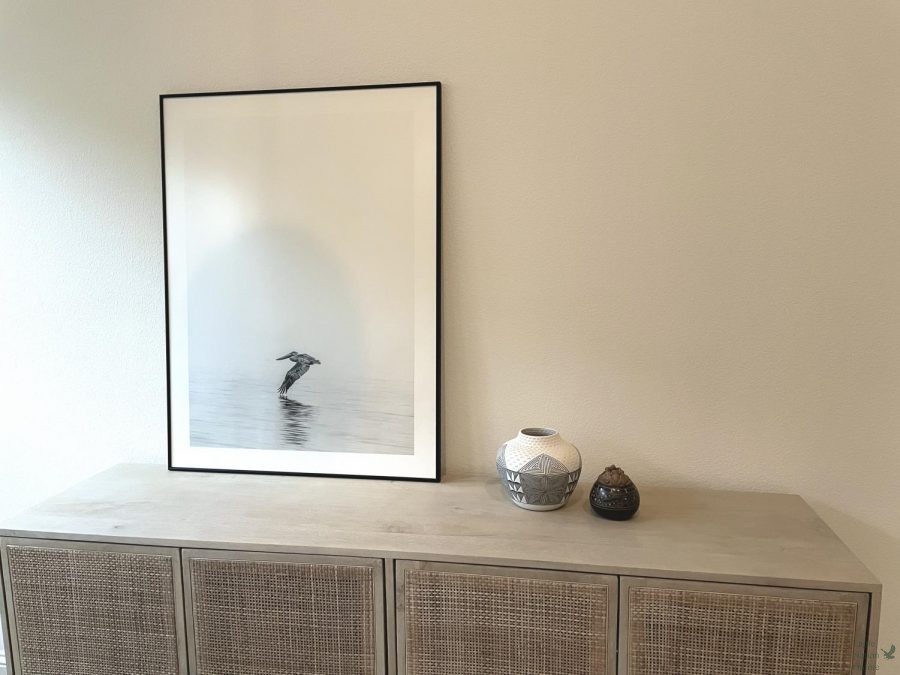






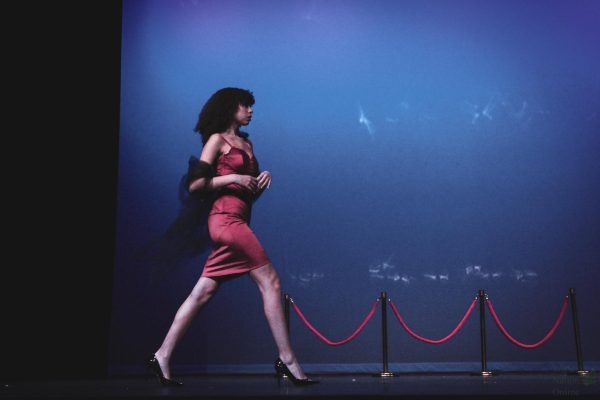


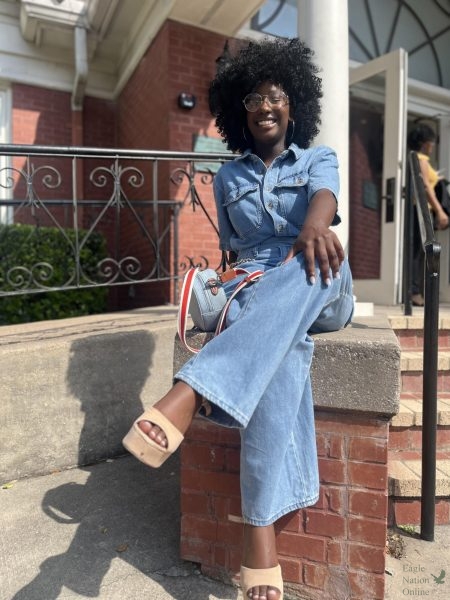


Sridhar Rao Chaganti • Nov 15, 2021 at 9:11 am
I have been following minimalism for several years, even before I got to hear the term. Now, in the last two years or so, I have become an ardent minimalist and try to gently advocate it’s virtues to my family, friends and associates. I think that in India, we are not as materialistic as those in the western world and so, minimalism doesn’t really seem to ring a bell. On the other hand, Indians are champion horders and could well do with lessons in decluttering. 🙂
Kalyani Rao • Nov 19, 2021 at 11:00 am
Hi Sridhar! I wrote this article and I’m half Indian so I can definitely understand the clutter, haha! That’s cool that you discovered minimalism works for you. Thanks so much for reading the article!!